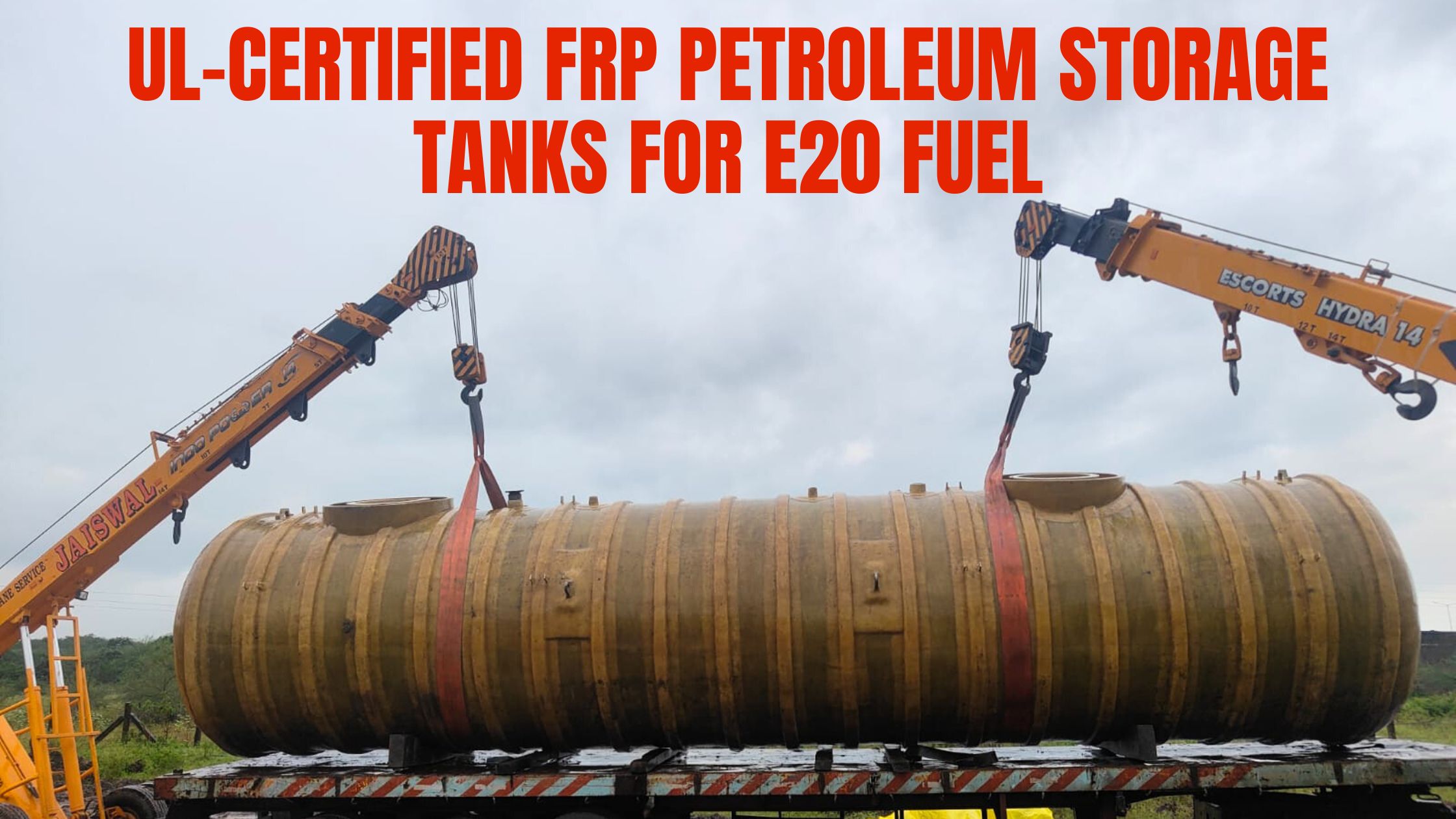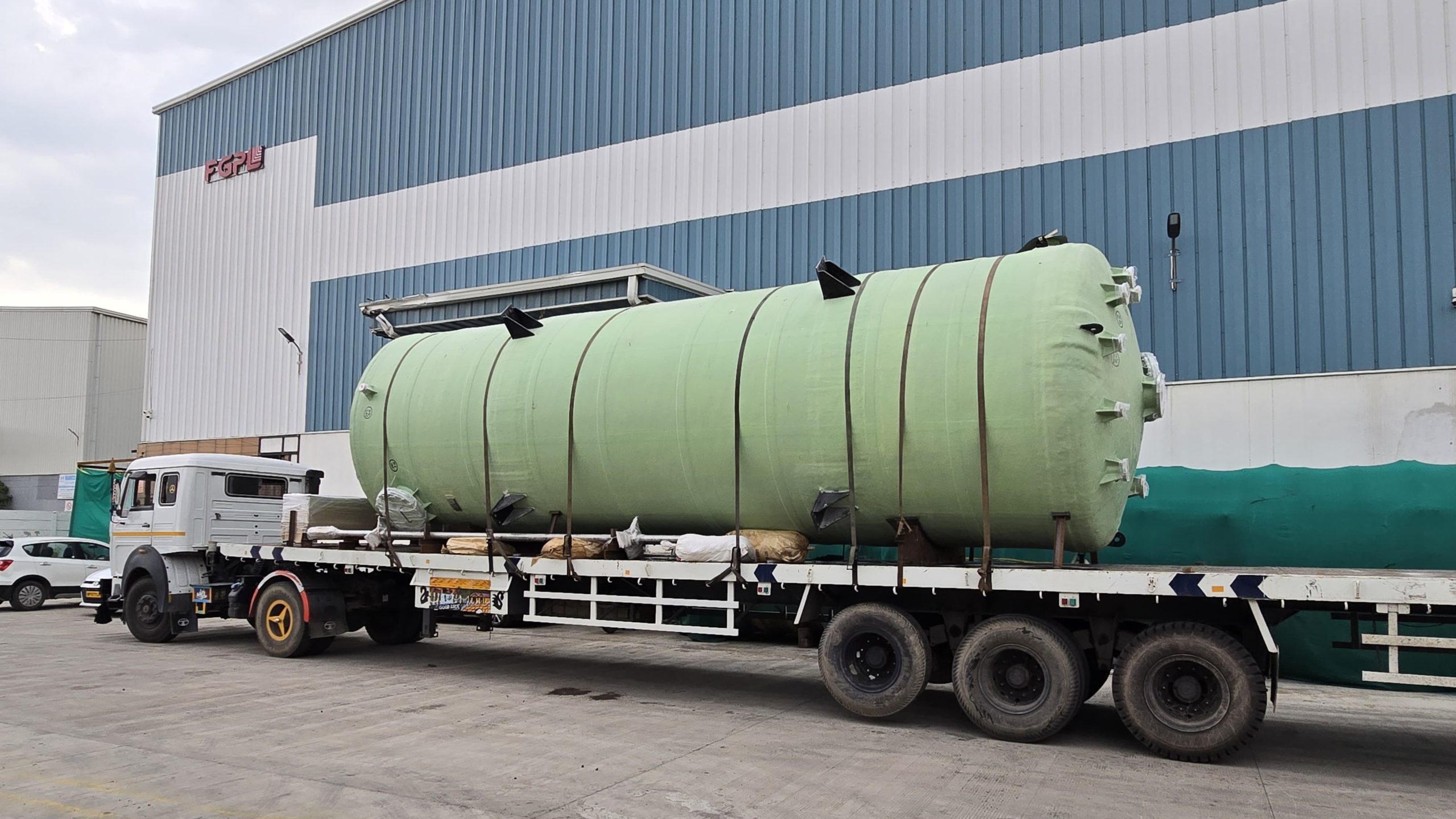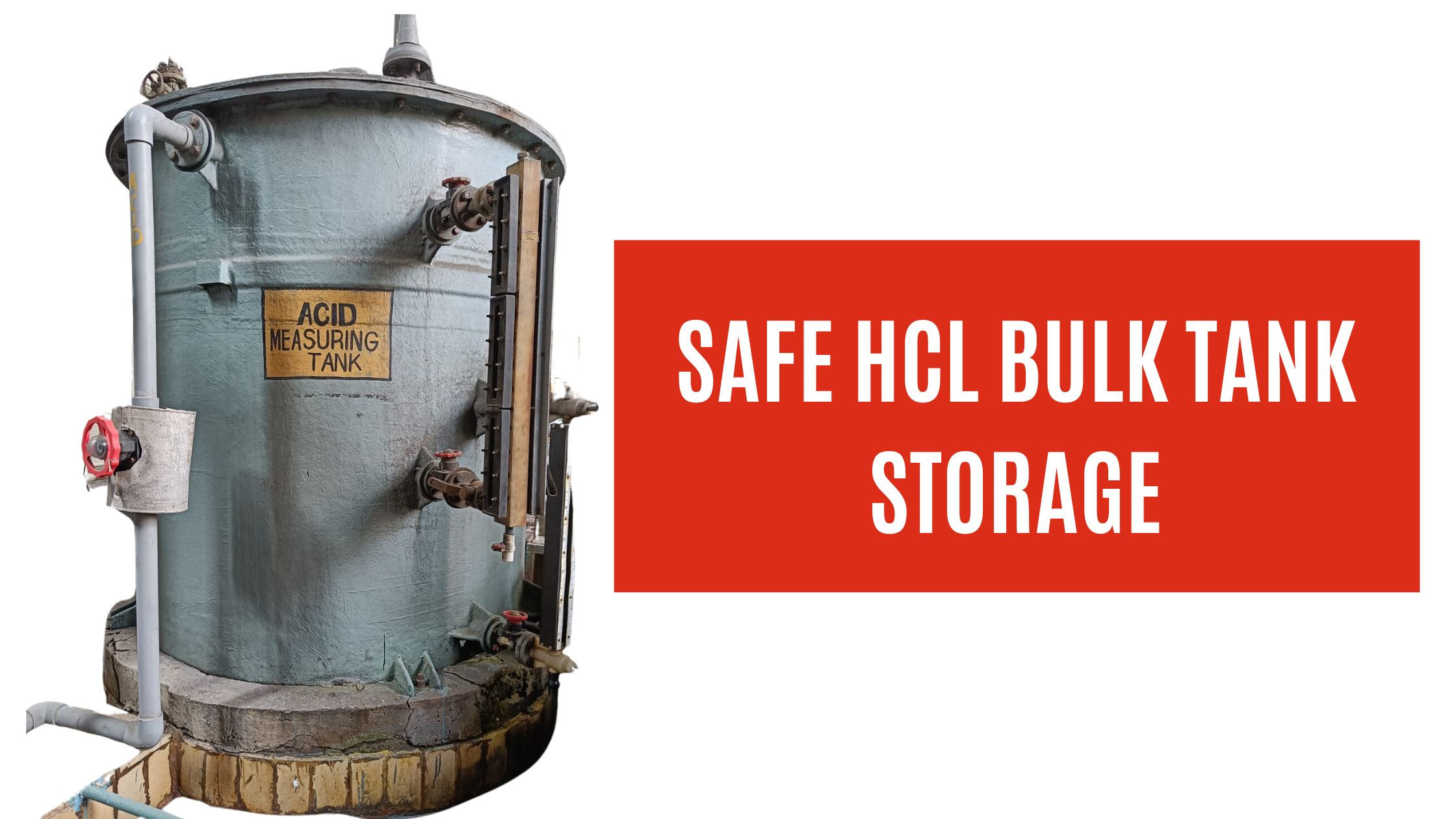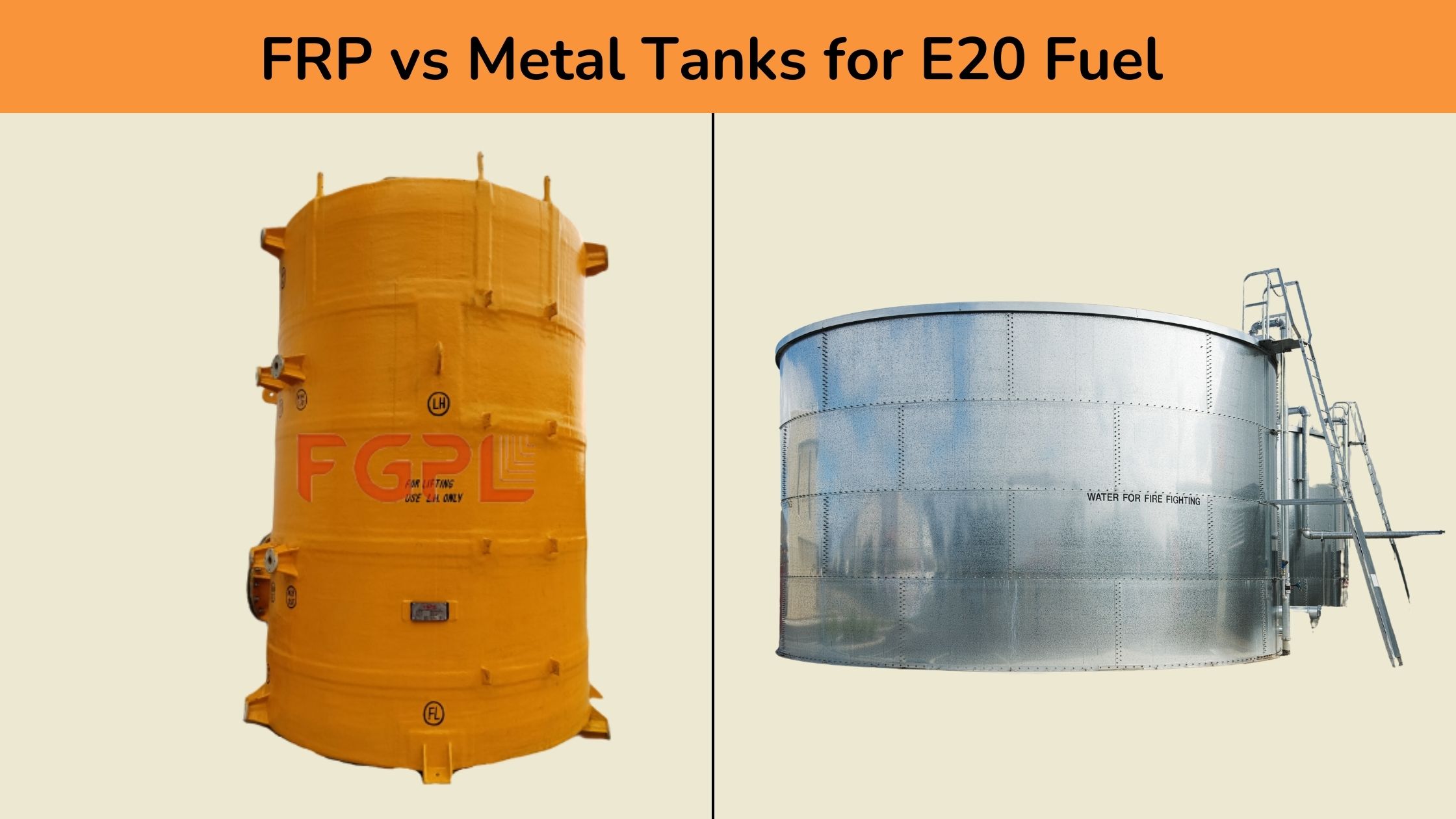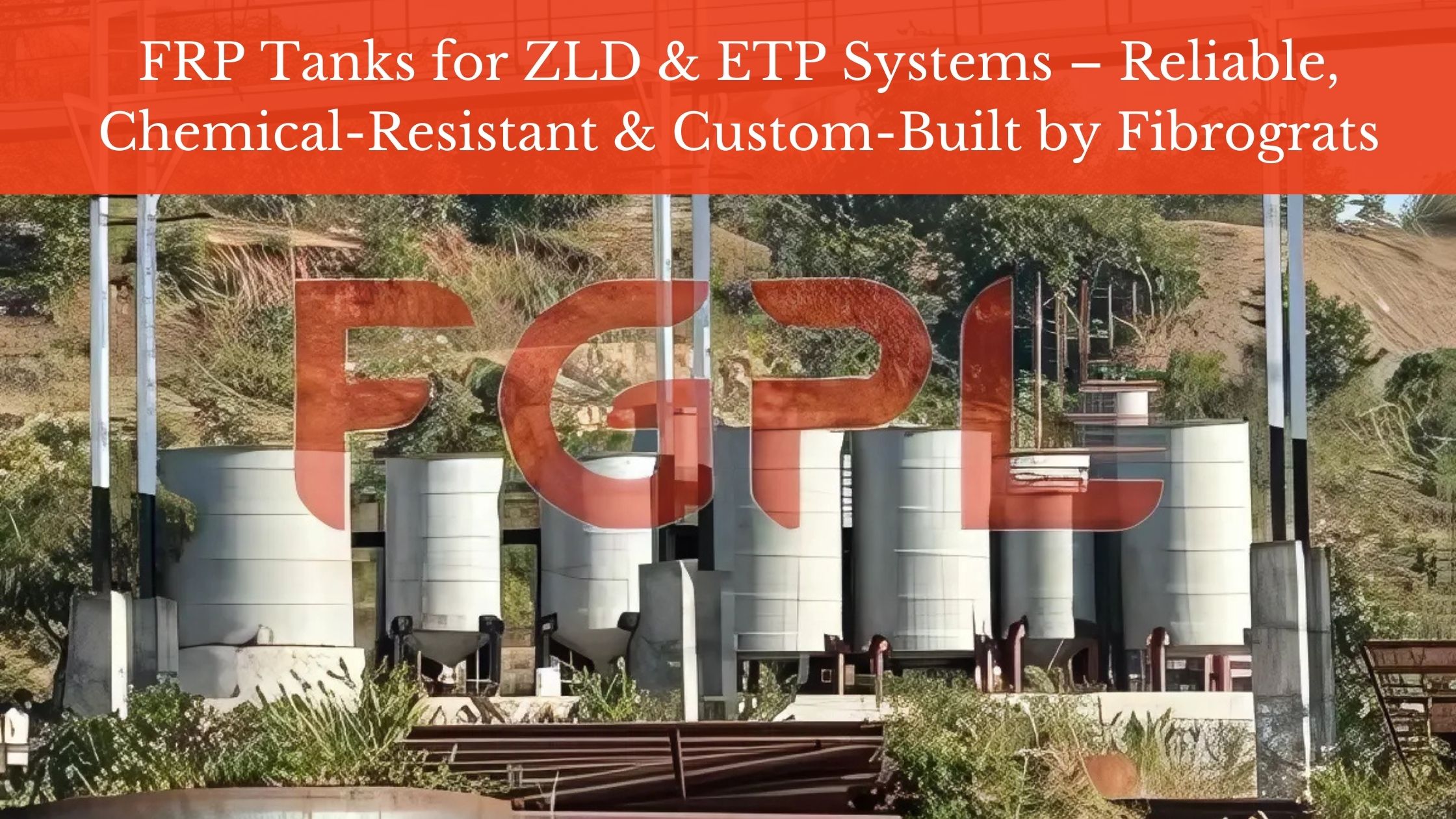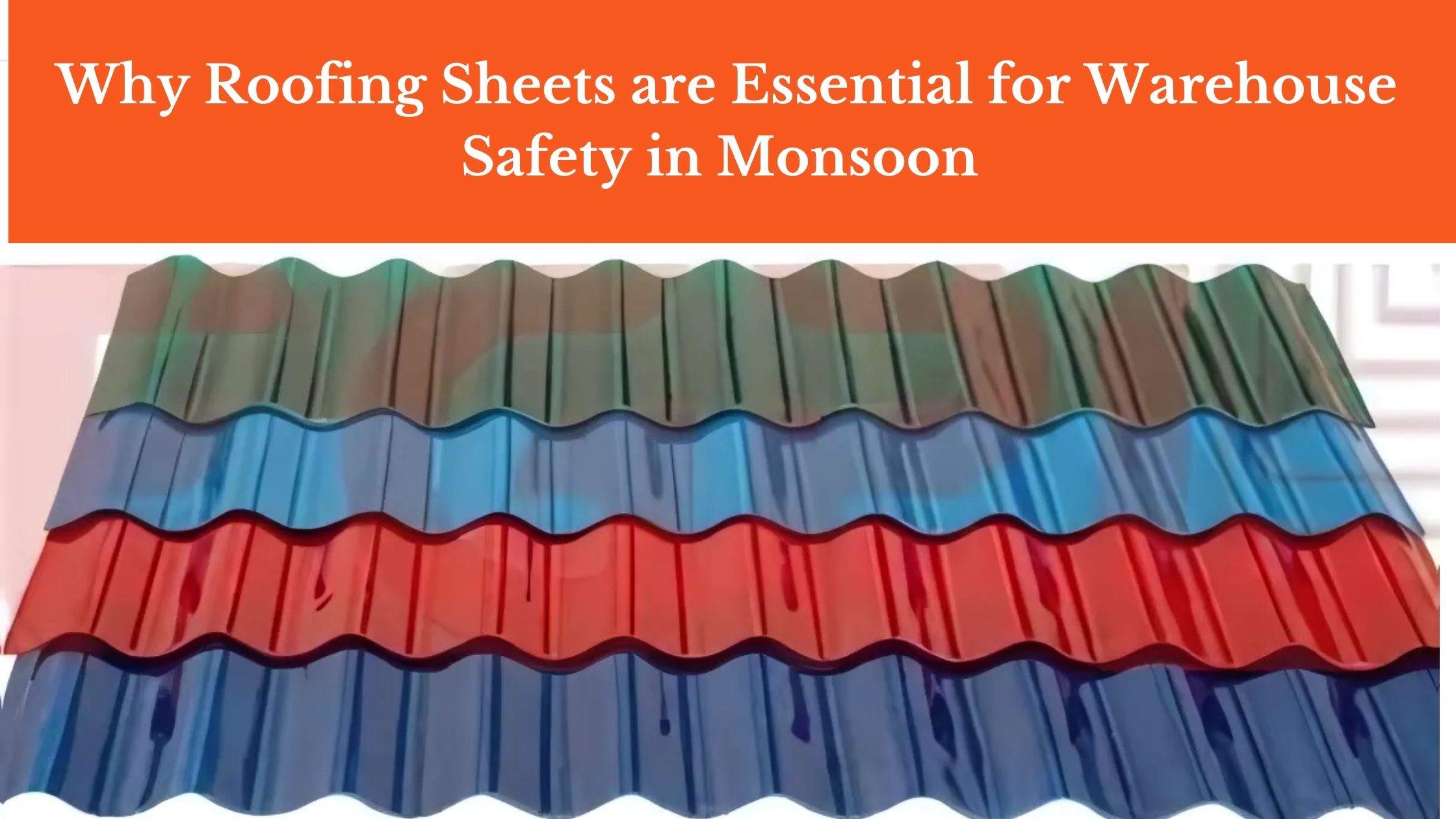Defining Fiberglass
Fiberglass in Industrial Application is a type of glass that can be spun into very fine fibers and mixed with various resins to give it certain features including fire resistance, corrosion resistance, high thermal endurance, and dimensional stability. Because of its flexibility and adaptability, fiberglass is extensively utilized.
Fiberglass in Industrial Application is a light, robust, yet brittle material. The best thing about fiberglass is that it can be molded into a variety of intricate shapes. Fiberglass is as often as possible utilized in baths, boats, airplanes, material, and other industrial applications.
We’ll go over the several forms of fiberglass, as well as their qualities and applications, in this blog. Let’s get started!
Forms and Types of Fiberglass
Fiberglass in Industrial Application can be categorized into the following major categories based on the raw ingredients used and their proportions in the manufacturing process:
1. A-glass:- often known as alkali glass, is a chemically resistant glass. A glass Fiber’s composition is similar to that of window glass. It’s used to make process equipment in several parts of the world.
2. C-glass:- commonly known as chemical glass, is a type of glass that has a high chemical resistance.
3. E-glass:- commonly known as electrical glass, is an excellent electrical insulator.
4. AE-glass:- Alkali-resistant glass is referred to as AE-glass.
5. S glass:- often known as structural glass, is a type of glass that is noted for its mechanical properties.
Fiberglass in Industrial Application is available in a variety of shapes to suit a variety of uses, the most common of which are
1. Fiberglass Tape:- Made of glass fiber yarns, fiberglass tapes are known for their thermal insulation capabilities. This type of fiberglass is commonly used to wrap vessels, hot pipelines, and other similar items.
2. Fiberglass Cloth:- Smooth and comes in a variety of varieties, including glass fiber yarns and glass filament yarns. It’s commonly used as heat shields, fire curtains, and other applications.
3. Fiberglass Rope:- Glass fiber yarns are braided into ropes that are used for packing.
What is Fiber Grating?
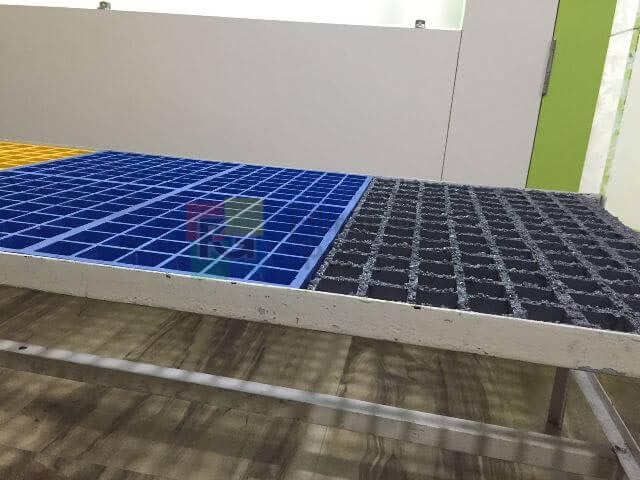
Fiberglass grating is a cost-effective and environmentally friendly alternative to steel or aluminum grating. This product line is corrosion-resistant and fire-resistant, making it appropriate for usage outdoors or in corrosive settings. To aid reduce slips and falls, most Fiberglass Grating includes a gritty, slip-resistant surface. There are 2 types of fiberglass gratings namely, molded and pultruded. Find out what is the difference between Fiber gratings: moulded v/s pultruded fibreglass gratings.
Why is Fiberglass so Popular?
The following are the four essential characteristics that are driving the popularity of fiberglass:
1. Corrosion Resistance:- Fiberglass so Popular profiles are in high demand in industrial applications due to their corrosion resistance. It’s one of the few materials that can withstand corrosive industrial conditions.
Corrosion is a big worry when building structures in outdoor conditions or those that are exposed to a lot of moisture. Old school materials like wood may absorb a lot of moisture and bend in such conditions, while metal will rust. This can result in a variety of issues, including a safety danger, costly repairs, and even the possibility of a major accident. So, to make sure these circumstances don’t occur, construction companies and builders look for the best FRP products manufacturer to use in the application.
2. Low Rate of Absorption:- Because of their low absorption rate, FRP (Fiber-reinforced polymer) composites are considered waterproof. There is no iron or metal in its construction, which is made of resin and glass fibers. This means that rust has no possibility of forming and poses no safety issues as a result. In fact, FRP composites are so good in wet environments that they’re utilized extensively in a variety of “wet” industries, including:
- Wastewater Treatment Plants
- Structures for Oil Rigs
- Attractions and Theme Parks
3. Transparency in Electro-Magnetic Fields:- Electromagnetic frequencies such as microwaves and radio waves pass through fiberglass. Because of this feature, FGPL (an FRP products manufacturer) products are frequently used in cellular applications.
4. Fire-Resistant & Durable:- Because it is electrically non-conductive and has a low thermal conductivity, Non-Conductive FRP is a better insulator.
The durability of FGPL’s fiberglass is superior to structural steel pound for pound. FRP has greater strength in cold temperatures, making it perfect for platforms, walkways, constructions, and other applications.
Uses of Fiberglass in Industrial Application

For industrial gaskets, materials with high-temperature insulation provide an effective thermal barrier. Fiberglass is one of the most extensively used materials in industrial gaskets because it is long-lasting, safe, and provides excellent thermal insulation. They help to preserve machines, conserve energy, and secure the safety of the professional staff in addition to providing superior insulation. This is maybe why fiberglass is commonly utilized in the following industries:
1. Beverage Industry:- Fiberglass grating is employed in various sections of the beverage industry, including bottling lines and brew houses.
2. Car washes:- Fiberglass grating has recently been widely employed for rust resistance and to provide a contrast color to previously banned regions. It brightens the interior of the carwash tunnel, making the vehicle appear cleaner than before.
3. Chemical industry:- Fiberglass grating is used in this business because of the embedded grit surface’s anti-slip properties as well as the chemical resistance of various resin compositions. The compounds are chosen to complement the resins.
4. Cooling towers:- Because cooling towers are constantly moist, they must be protected from rust, corrosion, and other hazards. Because of its great characteristics, fiberglass is employed as screening in these structures to keep people and animals out of danger zones.
5. Docks and marinas:- The salty seawater corrodes, rusts, and damages docks. As a result, fiberglass is employed to provide protection.
6. Food preparation:- Fiberglass grating is used in chicken and beef processing factories for slide resistance and to withstand corrosive blood. Other grating materials aren’t suited in most sections of food preparation, hence fiberglass is used instead.
7. Fountains and aquariums:- Fiberglass is used to support rocks in all sizes of fountains and aquariums to aid circulation and filtration from beneath the rocks. Fiberglass grating is used in large public fountains to protect spray heads and lighting from damage. In addition, this prevents people from drowning in the fountains.
8. Manufacturing:- Fiberglass grating’s integrated grit surface ensures slide resistance in damp regions or areas where hydraulic fluids or oils are present.
9. Metals and mining:- Fiberglass grating is utilized in chemically corrosive electronic refining regions. Other grating materials will not work in this situation.
10. Power generation:- Fiberglass is used in many sections of the power production business, including tank farms, scrubbers, and other equipment. The non-conductive nature of fiberglass is the cause behind this.
11. Plating plants:- Due to the anti-slip properties of the surface, fiberglass grating is used in this application.
12. Pulp and paper industry:- Fiberglass’ chemical corrosion resistance is useful in pulp and bleach mills, according to the pulp and paper sector. Because of its corrosion resistance and anti-slip qualities, fiberglass has recently been used in a variety of applications.
13. Automobile business:- Fiberglass is widely utilized in the vehicle industry. Fiberglass components and body kits are found in almost every car.
14. Aerospace & Defense:- Fiber-reinforced polymer (FRP) is used to make parts for the military and civilian aircraft industries, such as test equipment, ducting, and enclosures, among other things.
Conclusion
Fiberglass in Industrial Application is used in a variety of industries, including wastewater treatment plants, HVAC systems, fireproofing, and oil fields. To have a better understanding of fiberglass and its uses.
Follow us on Facebook- Fibrograts


